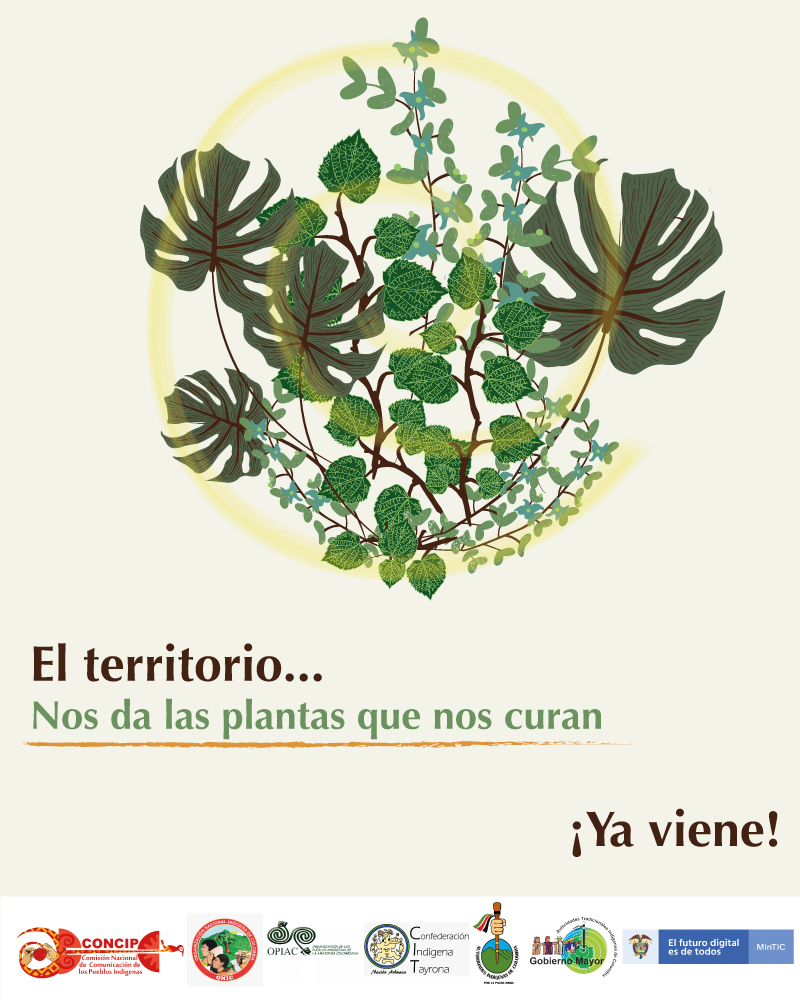
CONCIP Ya Viene...
VENIRE - translate into English with the Italian-English Dictionary - Cambridge Dictionary

SE VIENE! YouTube
Display more examples. Suggest an example. 2853. 1704. 1513. 1474. Show more. Translations in context of "viene" in Italian-English from Reverso Context: mi viene, se viene, ti viene, da dove viene, quando viene.

Opiniones de se viene
1. Se pronominal Como pronombre personal, invariable en género y número, tiene distintos valores: a) Variante formal de le (s). Cuando el pronombre de dativo le (s) precede a alguno de los pronombres de acusativo de tercera persona lo (s), la (s), adopta la forma se: Les compré caramelos > Se los compré; Le puse los zapatos > Se los puse.

Ya viene... YouTube
Summary. This update addresses a security vulnerability that could allow attackers to bypass BitLocker encryption by using Windows Recovery Environment (WinRE).

José Pablo López on Twitter "Se viene"
Il verbo venire, seguìto dalla preposizione da, significa 'sentire l'impulso': mi viene da ridere, da piangere, da dire, da pensare.Non c'è una "regola", siamo in presenza di un uso che si è consolidato nel corso del tempo.

BIENVENIDO A va y viene todo
Traduzione di "viene da sé" in inglese comes by itself comes on its own takes care of itself comes of itself goes without saying follows from this A questo direi che siete pronte a ballare. il resto viene da sé. To this I would say that you are ready to dance. the rest comes by itself. Poi la risposta viene da sé.

Lo que viene Flickr
The Italian venire conjugation is widely used to express movement.Venire is an irregular verb and is the equivalent of the English "to come". It means to come from, to arrive, to occur, and is sometimes used in a welcoming tone too (e.g. Vieni!! - Come on in!) Venire is an intransitive verb - therefore it lacks a direct object, and its compound tenses are conjugated with the auxiliary.

SE VIENE SORTEO YouTube
Mi farebbe molto piacere se venissi anche tu con me in Inghilterra. I would be very pleased if you came with me to England, too. Credevo che Michael venisse dal Canada. Invece viene dagli Stati Uniti. I thought Michael came from Canada. On the contrary, he comes from USA. Venire Conjugation - Congiuntivo Trapassato

Come Viene YouTube
Il "se", senza accento, è una congiunzione con valore ipotetico, mentre il "sé" accentato è un pronome riflessivo tonico. Fatta questa distinzione, l' uso corretto va da sé. Vediamo degli esempi: "Se te ne vai, avvisami.". - In questo caso il "se" è una congiunzione e quindi non va accentata. "Gaia pensa sempre a sé

Parece Que Viene Bien YouTube Music
Translation of "viene da sé" in English comes by itself comes on its own takes care of itself comes of itself goes without saying follows from this A questo direi che siete pronte a ballare. il resto viene da sé. To this I would say that you are ready to dance. the rest comes by itself. Poi la risposta viene da sé.

Se la montagna viene da te Barzellette by Carlone
Vieni! Venite! Come! Come in! Uses of Venire As a verb of movement, venire is an intransitive verb; it lacks a direct object, is followed by prepositions, and is conjugated in its compound tenses with the auxiliary essere and its past participle, venuto (irregular).
AMLnZu93uRJmkPmW55mBPTvqPiY7YN7xvJdFnX2f6YJUw=s900ckc0x00ffffffnorj
N.B. The past participle (s) must agree in gender and number with the person who's doing the action. Now let's take a look at an alternative construction of the passive form: in Italian the verb venire (to come) is often used instead of the verb essere (to be). See this blog: VENIRE.

SE VIENE... YouTube
Da che pulpito viene la predica! = Look who's talking! - (literally: "From what pulpit the sermon is coming!") _____ Thanks for reading! I hope you discovered some new ways to use VENIRE and some interesting new Italian expressions along the way! Did I miss an Italian expression with VENIRE that you like?.

SomosXbox on Twitter "Se viene 🌚"
L'espressione è " va da sé ". La frase ha a che fare con un argomento che abbiamo già affrontato, quell'episodio in cui vi ho parlato di come esprimere le conseguenze, che vi invito a leggere ed ascoltare. In quell'episodio abbiamo visto, se ricordate, molte modalità di esprimere cause ed effetti, in particolare gli effetti di una azione.

TODO LO BUENO Y PERFECTO QUE SE NOS DA, VIENE DE DIOS. SANTIAGO 117
venire v. intr. [lat. vĕnire] (pres. indic. vèngo [ant. o poet. vègno], vièni, viène [poet. ant. vène], veniamo [ant. vegnamo], venite, vèngono [ant. o poet. vègnono]; pres. cong. vènga [ant. o poet. vègna], veniamo [ant. vegnamo], veniate [ant. vegnate], vèngano [ant. o poet. vègnano]; imperat. vièni, venite; fut. verrò, ecc.; condiz. verrèi, e.

elly ) on Twitter "38. Se viene"
1. (to move from one place to another) a. to come El tren viene de Andalucía.The train comes from Andalusia. b. to arrive Ella vino en el vuelo de las 9pm. She arrived on the 9pm flight. 2. (to return) a. to come back Vine a la casa para almorzar. I came back home for lunch. b. to be back